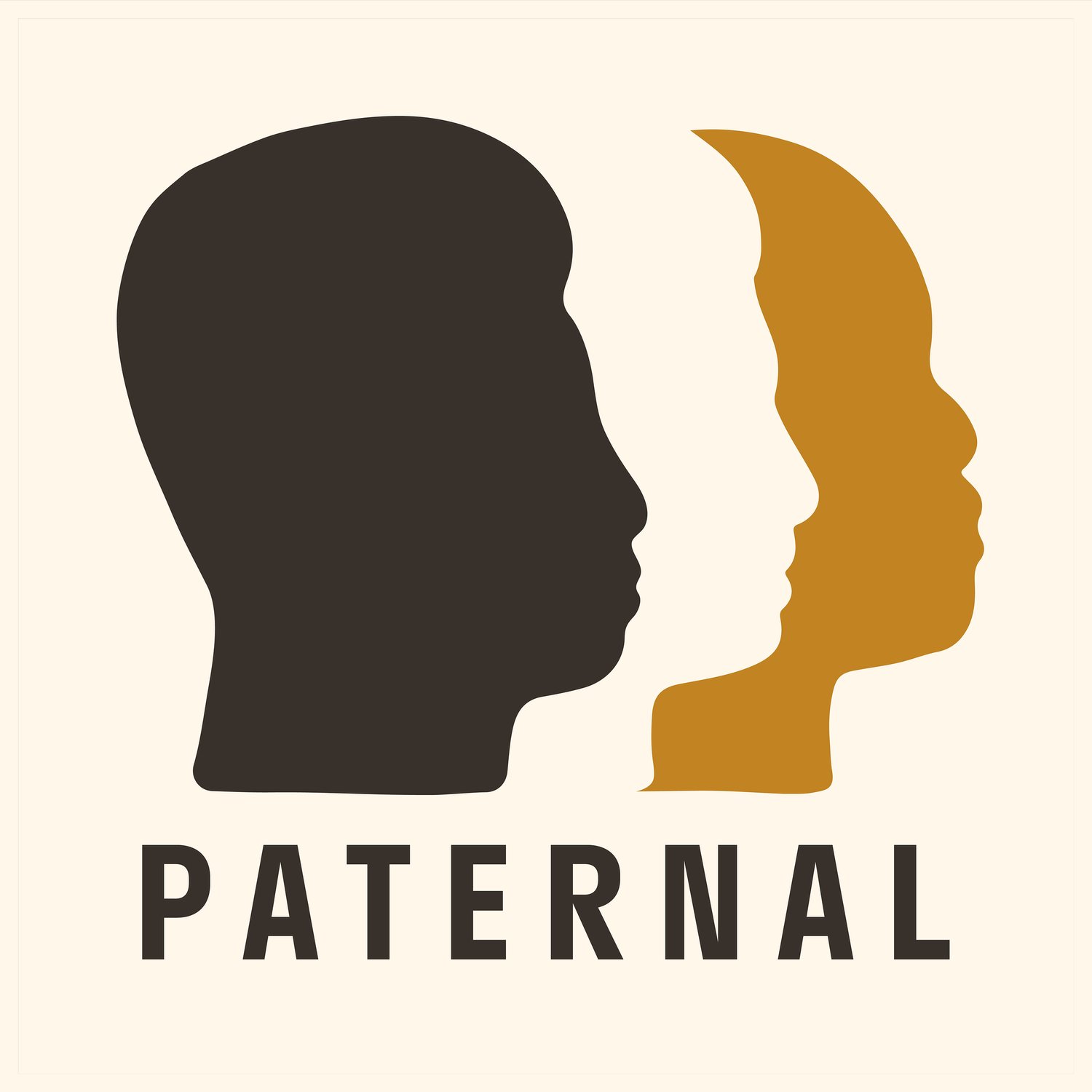If you were a child of the 1980s and early 1990s, you lived through a golden age for sitcom dads. From The Cosby Show to Growing Pains and Roseanne to The Simpsons, fathers of all kinds ruled the airwaves for roughly a decade, providing an entire generation of wide-eyed kids a glimpse into what a father should look like and, for better or worse, what a family can be. But did these portrayals of paternal figures do more harm than good, and how did Friends and Seinfeld land a fatal blow to the fate of sitcom dads?
Comedy historian and author Saul Austerlitz joins this episode of Paternal to take a deep dive on the history of the family sitcom, tracing the genre’s roots back to the dawn of television. He discusses how fathers were first portrayed in the 1950s and how they have evolved during each decade thereafter, including iconic sitcom dads on Leave it to Beaver, All in the Family, The Cosby Show, Married With Children, Roseanne, and The Simpsons.




















